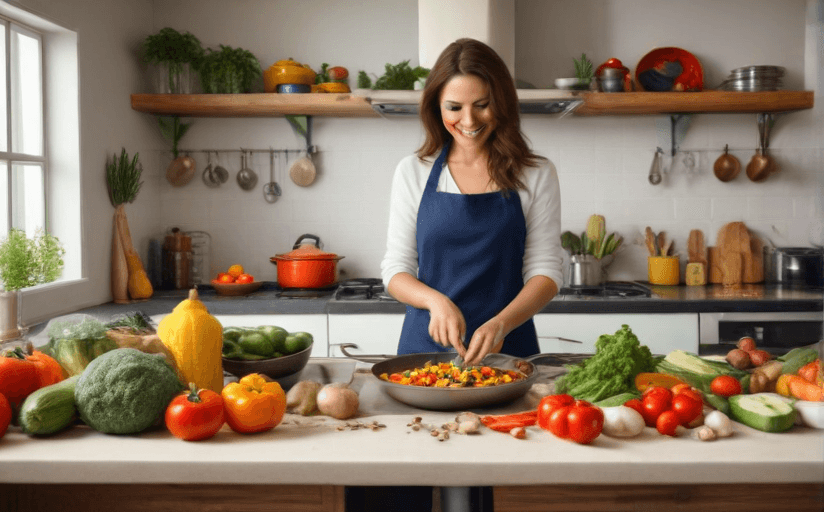Cooking Therapy: Savoring the Psychological Benefits of Preparing Your Own Meals
Whoever said that cooking is therapeutic, truly understood the power and beauty that this simple, everyday activity holds. It may seem like a task to many, but delving deeper into the whole process—from acquiring fresh ingredients to following the recipe and enjoying the gratifying end result—cooking can aid considerably in improving mental wellbeing.
Independence, Creativity and Mindfulness in the Kitchen
Engaging oneself in the act of cooking can be an empowering experience. It grants a sense of independence and control, as you decide what goes into your body. This control notably helps in boosting self-esteem and confidence.
Cooking, however, isn’t just about following a recipe—it's about creativity. The freedom to experiment and add your personal touch to the dish is itself an enlightening experience. This form of creative expression contributes to mental stimulation, which can bring about gratification that goes beyond taste alone.
Moreover, cooking encourages mindfulness, as it demands our full attention to navigate through the recipe tasks and coordinate our actions. Mindfulness in the kitchen can help reduce stress levels and promotes a sense of peace and tranquility.
A Deep Dive into the Research Behind Cooking Therapy
A number of studies back up the psychological benefits of cooking therapy. A study published in the Journal of Positive Psychology found that those who frequently take a little time each day to consciously perform small creative tasks, like cooking or baking, report feeling more relaxed and happier in their daily lives. Another study in the Health Education & Behavior journal highlighted that cooking at home was linked to a better overall diet, which in turn contributes to physical and mental wellness.
Turning Your Kitchen Time Into a Therapeutic Experience
To transform your cooking time into a therapeutic tool, the key is to align your mind and body with the process. Here are a few practical guidelines:
- Start with easy recipes: If you are new to cooking, start simple. This can help you build confidence and gradually move towards complex recipes.
- Organize and prep in advance: A well-organized kitchen and pre-planned meal preparation can help reduce stress and elevate the joy of cooking.
- Invite family or friends: Cooking with loved ones can make the process more enjoyable and fulfilling.
- Practice mindful eating: Savor the end result. Sit down, relax, and enjoy the food you've made. This practice of appreciation can cultivate gratitude and improve mood.
In conclusion, cooking therapy is a tangible and enjoyable way to alleviate stress and enhance mental wellbeing. Embarking on this culinary journey can be an empowering, relaxing, and even meditative experience. So, why not embrace your kitchen as your next sanctum of self-care?


















Comments
Leave a Comment